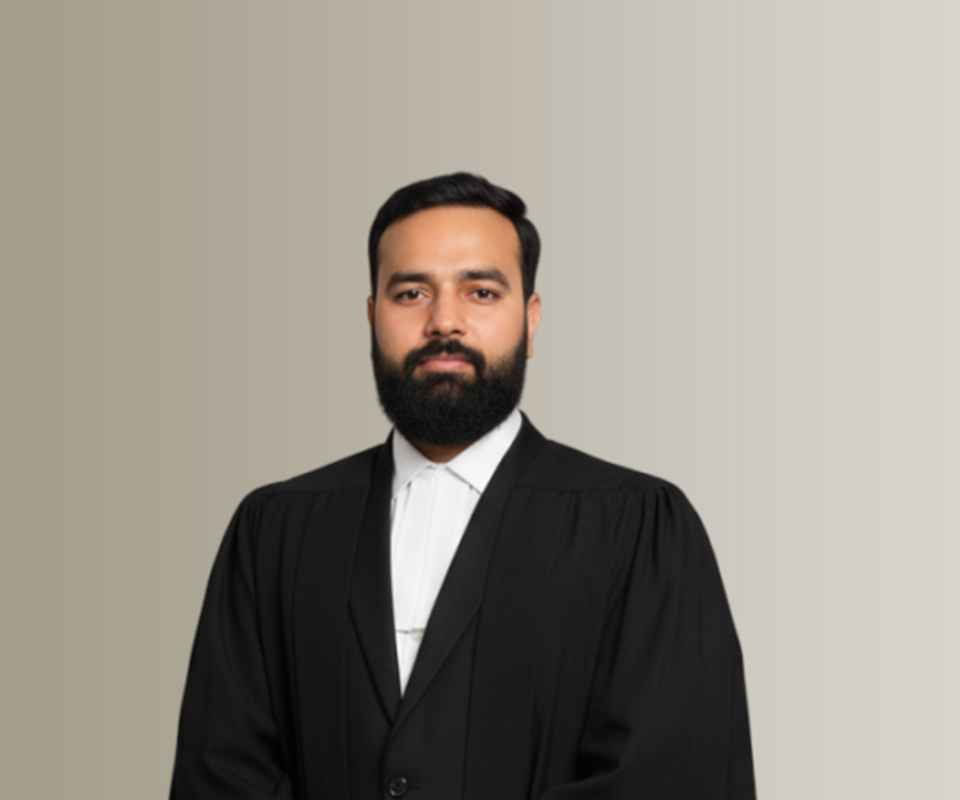Answer By law4u team
Yes, survivors of domestic violence can access free or low-cost legal representation through various legal aid organizations, pro bono (free) services provided by attorneys, and government-funded programs. These resources are designed to ensure that victims of abuse can navigate the legal system and receive necessary protection, such as restraining orders, custody arrangements, or divorce proceedings, without the financial burden of hiring an attorney.
Options for Free Legal Representation for Domestic Violence Survivors:
Legal Aid Organizations:
Many countries and states have legal aid organizations that provide free or reduced-cost legal services to low-income individuals, including survivors of domestic violence. These organizations often offer assistance in matters such as family law, protection orders, divorce, and child custody.
In the United States, organizations like Legal Services Corporation (LSC) fund local agencies that provide legal help to those in need. Survivors can apply for assistance through these programs based on income eligibility.
Pro Bono Legal Services:
Many private attorneys offer pro bono services, meaning they represent clients free of charge. These services are often available through legal aid organizations, bar associations, or law firms that have a commitment to providing free legal assistance to those in need.
Survivors can contact local bar associations to inquire about pro bono programs or search for law firms that specialize in domestic violence cases and offer pro bono work.
Domestic Violence Shelters and Advocacy Groups:
Many shelters and domestic violence advocacy groups provide free legal help or can refer survivors to legal professionals who specialize in domestic violence cases. These groups often have partnerships with attorneys who volunteer their services.
These organizations may also offer support in filling out legal forms, attending court hearings, and understanding the legal process.
Court-Appointed Lawyers:
In some cases, if the survivor is involved in criminal cases (for example, if the abuser is charged with assault or other crimes), the court may appoint a public defender or attorney to represent the survivor. This service is typically available if the survivor is financially unable to hire an attorney.
Some jurisdictions may also appoint legal counsel for victims in family law cases where their safety or well-being is at risk, such as cases involving restraining orders or child custody.
Nonprofit Organizations:
Many nonprofit organizations specifically focus on supporting domestic violence survivors. These organizations may offer legal assistance, either directly or by helping survivors connect with pro bono attorneys.
Examples include The National Domestic Violence Hotline (in the U.S.), Women's Aid (in the UK), and other similar organizations that offer legal resources and referrals.
Legal Clinics:
Some law schools operate legal clinics where law students, under the supervision of licensed attorneys, provide free legal assistance to domestic violence survivors. These clinics often help with filing protective orders, custody issues, and divorce proceedings.
How to Access Free Legal Representation:
Contact Legal Aid Organizations:
Survivors should reach out to local legal aid organizations or search online for resources. Many websites allow individuals to check if they qualify for free legal services based on their income.
Ask Domestic Violence Shelters:
Shelters and advocacy groups often have lists of legal resources available to survivors. They can help survivors find legal representation or even offer direct legal services.
Contact the Local Bar Association:
The local bar association can connect survivors with pro bono lawyers who specialize in family law, domestic violence cases, or related matters.
Use Online Legal Resources:
Some websites provide free legal advice or tools for survivors of domestic violence, such as forms for filing for a protective order or divorce.
Example:
A woman who is a victim of domestic violence needs help obtaining a restraining order against her abuser. She contacts a local domestic violence shelter that partners with pro bono attorneys. The shelter refers her to a lawyer who agrees to represent her for free, helping her navigate the legal process and secure the protection she needs.
Conclusion:
Survivors of domestic violence can receive free or low-cost legal representation through various legal aid programs, pro bono attorneys, and nonprofit organizations. These resources help ensure that victims of abuse have access to the legal protections they need, regardless of their financial situation. Victims should take advantage of these services to protect their safety, seek justice, and regain control over their lives.







